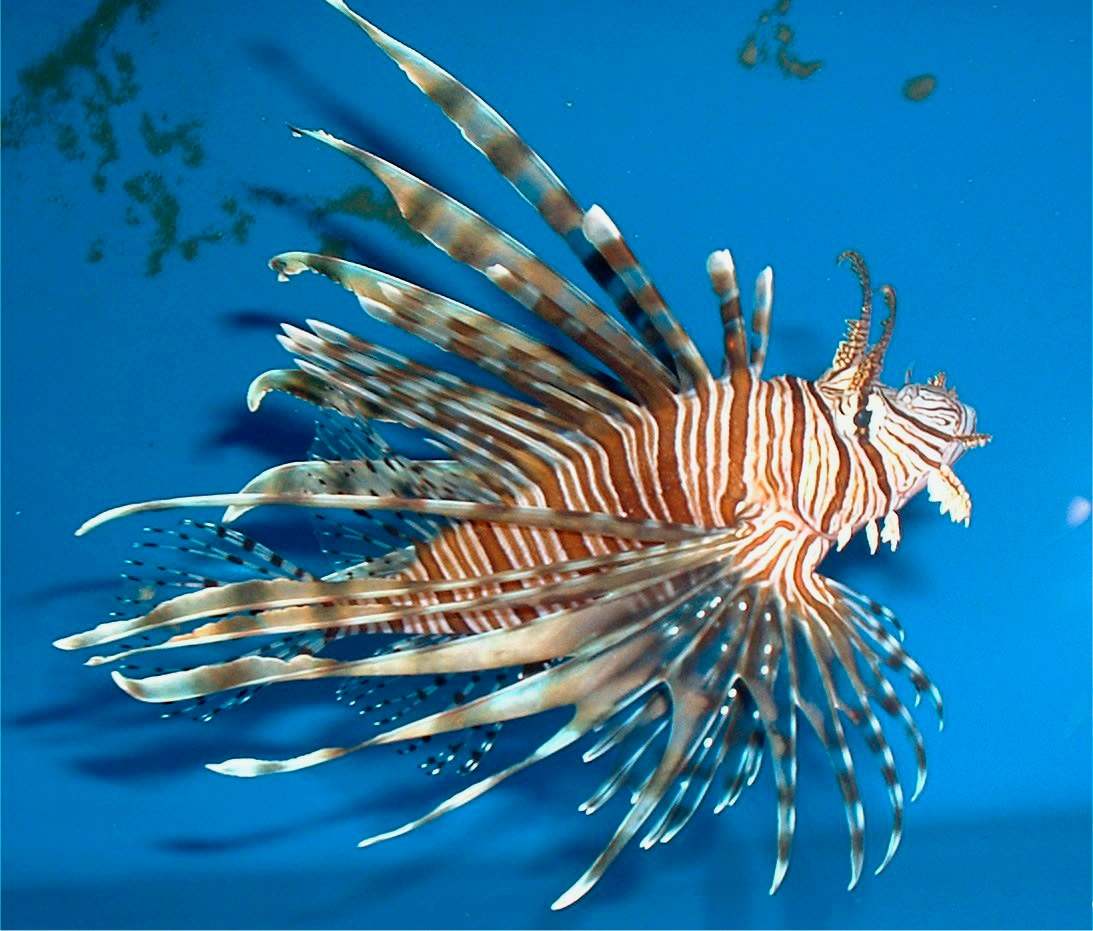They're here.
Warnings that invasive lionfish could become a problem in the Mediterranean Sea appear to be ringing true, according to a new study.
Warming sea temperatures have motivated lionfish to colonize in the area, according to a study published in Marine Biodiversity Records Tuesday. Plymouth University researchers used government data and firsthand accounts from from divers and local fisherman to piece together sightings in the area.
Demetris Kletou, of Plymouth University's Marine & Environmental Research Lab, said within within a year, researchers found that lionfish had colonized much of the southeastern coast of Cyprus.
“Until now, few sightings of the alien lionfish Pteroishave been reported in the Mediterranean, and it was questionable whether the species could invade this region like it has in the western Atlantic,” Kletou said in a statement.
At least 23 different fish have been spotted, six of which were removed. While that may not sound like many fish, lionfish are known for spreading rapidly. Female lionfish can release thousands of eggs each time they spawn, which can be every four days in warmer waters, according to the Florida Fish and Wildlife Conservation Commission.
According to the study, the widening and deepening of the Suez Canal may also be allowing lionfish to make their way into the Mediterranean.
In the United States, lionfish were first spotted in Florida in the mid-1980s, and have continued to spread rapidly. Florida’s Wildlife Commission estimates there are millions of the fish, which have no predators, and damaged native fish and shrimp populations.
Florida officials have said the fish may have been released from someone’s home aquarium and have pushed for people to combat the species in the kitchen by catching the fish and eating it.
Florida wildlife and local officials have long encouraged communities to host massive kill-offs of the fish, though they are unsure whether it’s possible to eradicate the species completely.
The researchers warn that aggressive measures must be taken to combat lionfish in Mediterranean, so as to avoid a situation similar to the damage caused in the coastal waters of the United States and Caribbean.
Follow @MaryBowerman on Twitter.

![XXX INVASIVE-SPECIES.JPG [image : 84962348]](http://www.gannett-cdn.com/-mm-/8ac36af66f7a8c5539961710165c5bb28d5c03f6/c=2-0-1091-931/local/-/media/2016/05/26/USATODAY/USATODAY/635998444648999252-INVASIVE-SPECIES-lion-fish.jpg)

